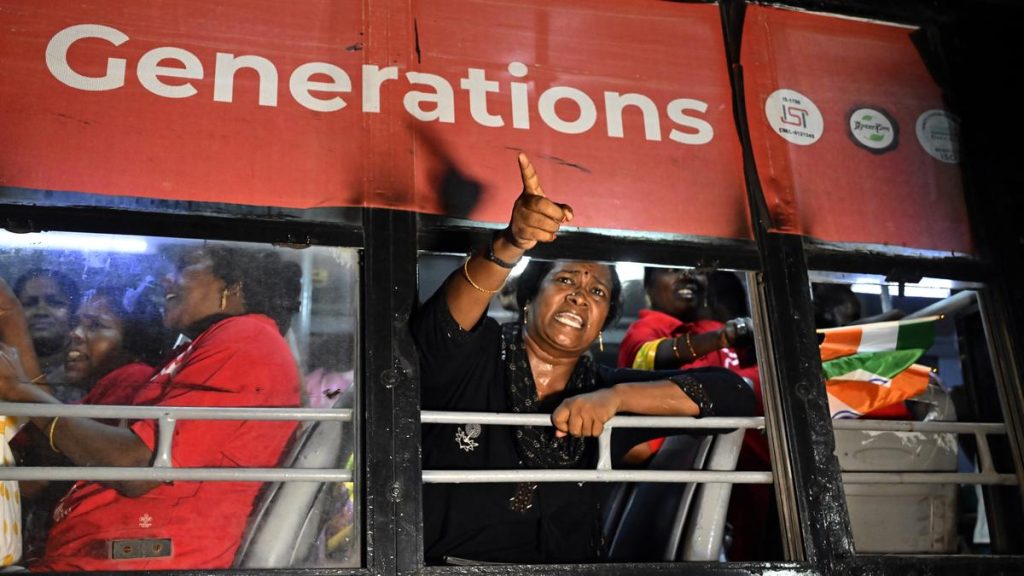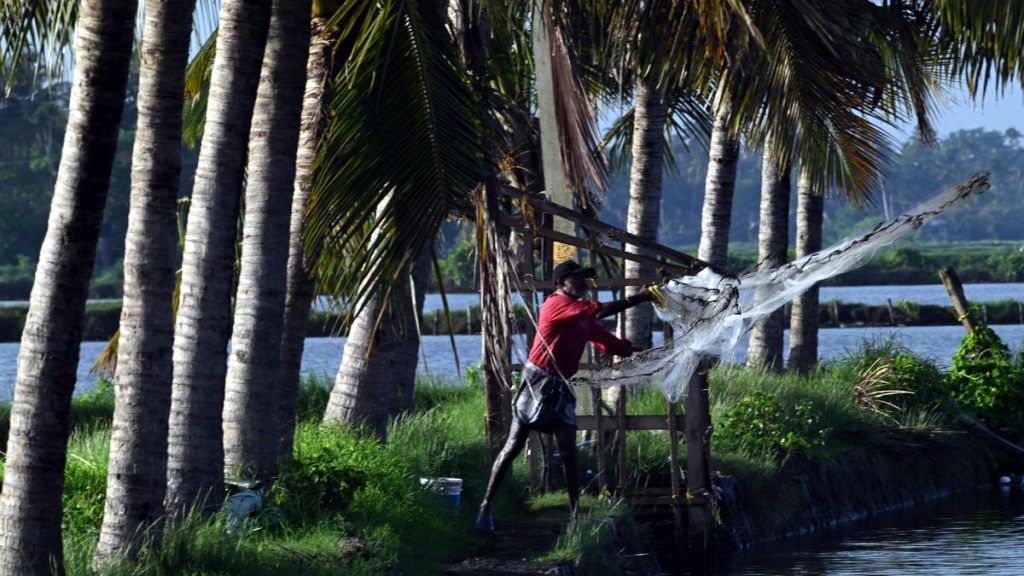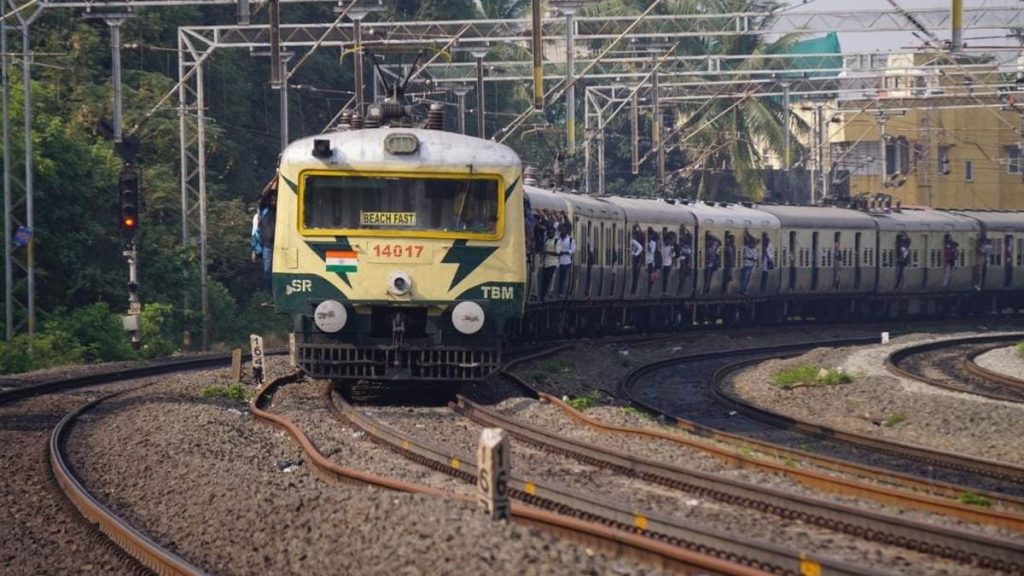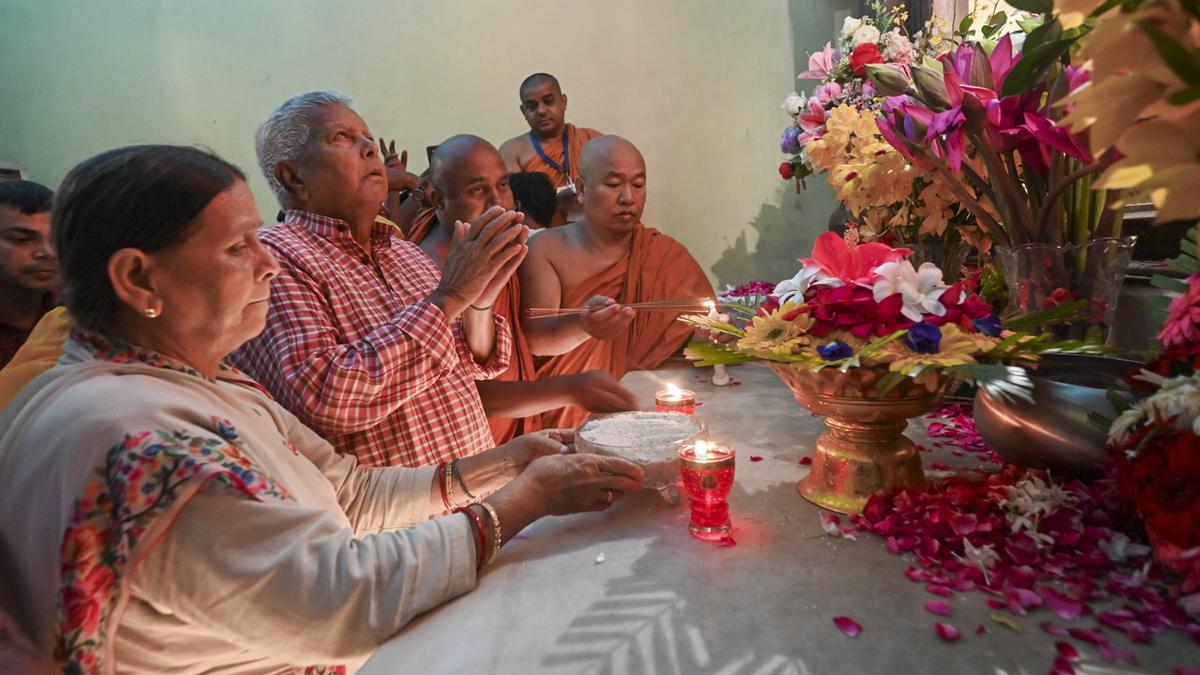Now Reading: Centre Requests Factual Report on Forest Rights Concerns in Nicobar Project
-
01
Centre Requests Factual Report on Forest Rights Concerns in Nicobar Project
Centre Requests Factual Report on Forest Rights Concerns in Nicobar Project
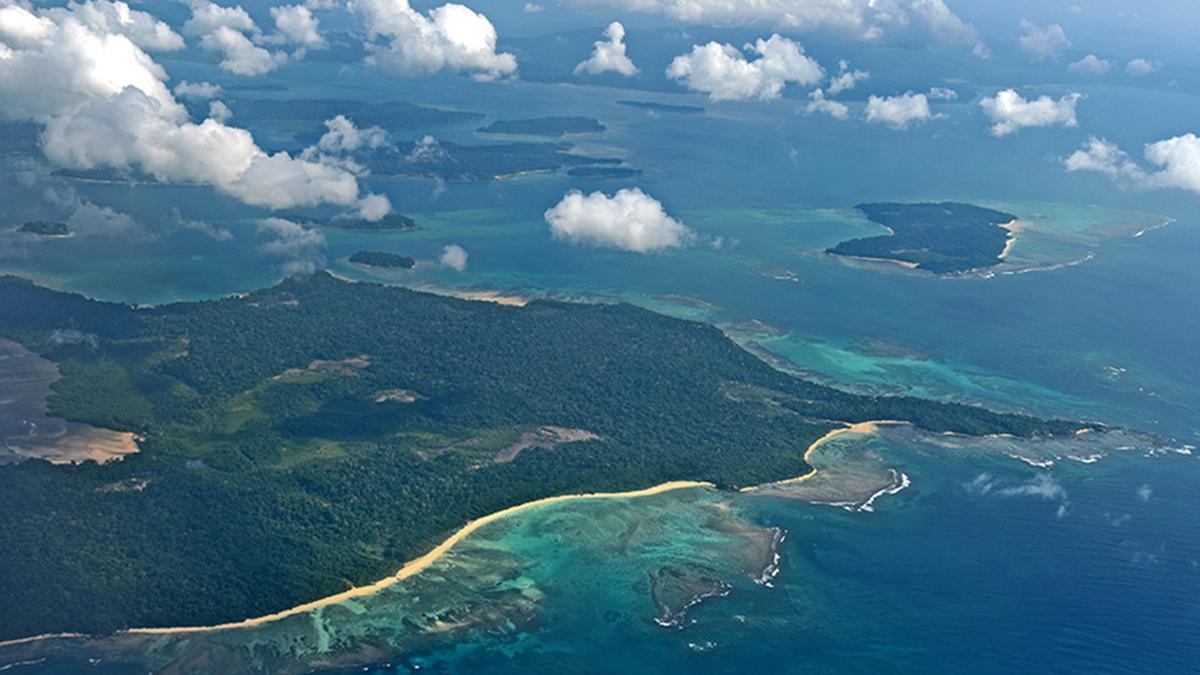
Rapid Summary
- The Union Government requested a “factual report” on allegations that forest rights were unsettled before clearing 13,000 hectares of forest for the ₹81,000-crore Great Nicobar Island project in August 2022.
- The Tribal Council of Little and Great Nicobar claimed their consent for the project had been “obtained under pressure” and was later formally withdrawn.
- In 2022, a certificate was issued by local authorities stating compliance with the Forest Rights Act (FRA) requirements; however, the Tribal Council asserts this process “has not even been initiated.”
- The Andaman and Nicobar management argues it is exempt from implementing FRA due to the Protection of Aboriginal Tribes Act (PAT56), which allows unilateral land diversion without tribal consent.
- Key concerns raised against the project include alleged inconsistencies in consent procedures, environmental impacts, and violations under FRA.
- Prominent figures like Rahul Gandhi and Sonia Gandhi have voiced criticism over these developments. A petition challenging forest clearances is pending in Calcutta High Court.
Indian Opinion Analysis
The controversy surrounding the Great Nicobar Island infrastructure project highlights critical tensions between developmental aspirations and tribal as well as ecological rights. The lack of alignment between local grievances-such as claims regarding coerced or bypassed consent-and government proclamations raises broader questions about adherence to legal safeguards like FRA versus administrative reliance on legacy policies such as PAT56.
This situation underscores IndiaS challenge to balance rapid infrastructure growth with constitutional commitments to protect vulnerable communities’ rights and biodiversity hotspots like those found in Great Nicobar’s forests. Resolving this tension equitably could set an essential precedent for future development initiatives across ecologically sensitive regions.


